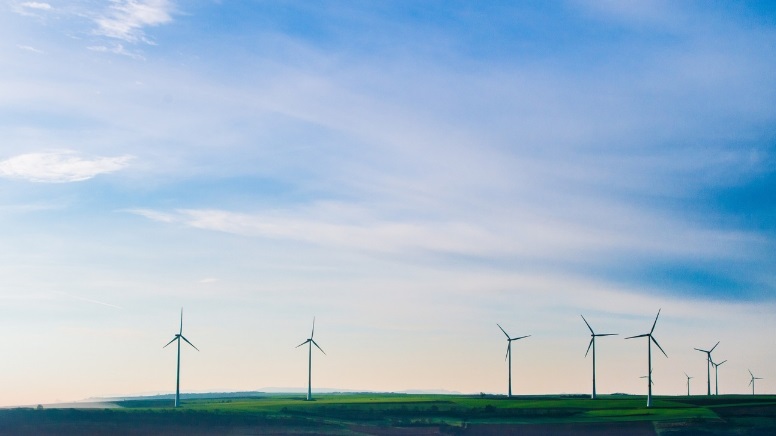Has your union representative made a difference for you and your colleagues? Then you can say thank you by nominating them for the Union Representative of the Year award.
News
Looking for a green job? What to keep in mind

As an IDA-member, you can help produce a component for wind turbines and thus contribute to the green transition. But the same component may also be used in a diesel engine, and all of a sudden, green work has turned black.
That is why I tend to say that IDA-members are working for the green transition, but not necessarily with it. They solve absolutely essential tasks, but at the same time they are part of a large machinery and rarely come into direct contact with the ultimate goal.
You must keep this in mind if you dream of making a difference in your career by, for example, working with sustainability.
And many are doing so at the moment: In IDA's career counselling, we are noticing that in recent years there has been a marked increase in the number of members who get in touch and ask how they can find a job with a higher meaning or purpose - preferably something about climate or sustainability.
Book a career counselling session
As a graduate and member of IDA, you can book a session with a career counsellor and discuss your career hopes and plans.
It is often said that it is the young people - millenials - who are most concerned with finding a higher purpose in their work, but in IDA’s career counselling, we talk about the subject with members of all ages and with very different educational backgrounds.
If you have to generalise a little, however, you can say that it is often members who are stuck in their jobs and who are looking for ways to regain their motivation and job satisfaction.
It's also just a job
Let it be said right away: It's good to have a job that you feel is meaningful. We know that you become more robust and perform better when your motivation extends beyond counting hours or your salary. But it might also be self-explanatory: work is the single activity we spend the most time on, so who wouldn’t want feel like they spend that time on something they can feel proud of?
One just needs to be aware that there can also be potential pitfalls if one becomes hypnotised by wanting to work in an organization with a purpose.
As career counsellors, we can not tell members whether it is right for them or not, but we try to inquire into their motivations. Is it still interesting to work in a "green company" if their tasks concern sales, customer service or the responsibility for the quality assurance of a component? The daily tasks in different companies are often similar, regardless of whether the company is "green" or "black".
It is the daily tasks that are most important for one's job satisfaction and therefore one must be careful not to compromise with them. In fact, there is a risk of burning out more quickly if you predominantly solve tasks that are not motivating or if you identify so much with your employer's goals that you, for example, forget to make demands concerning work environment and hours, and suddenly feel obligated to answer the phone or answer emails at all times of the day.
Sell yourself on your competencies
It is good that you are highly motivated and, for example, passionate about working with sustainability, but you must sell yourself on your professional skills when you apply for work. It is a pitfall for many that they ramble on and on about their interests in applications, because the employer still chooses the most talented candidate over the most motivated.
Therefore, you need to apply for a sustainable or green job in exactly the same way as any other job. You can read much more about this here.
Of course, it does not hurt that you show that you also have a personal interest in the job, but make sure to stay focused on the specific tasks. Then there is a greater chance that you will get it and that you will be happy with it in the long run.
What is a green job?
Statistics Denmark defines green goods and services as products that help to increase environmental protection or reduce resource consumption. In 2019, 76,000 employees worked full-time with the production of green goods and services. That's an increase of 11 percent compared to 2015.
Source: Statistics Denmark